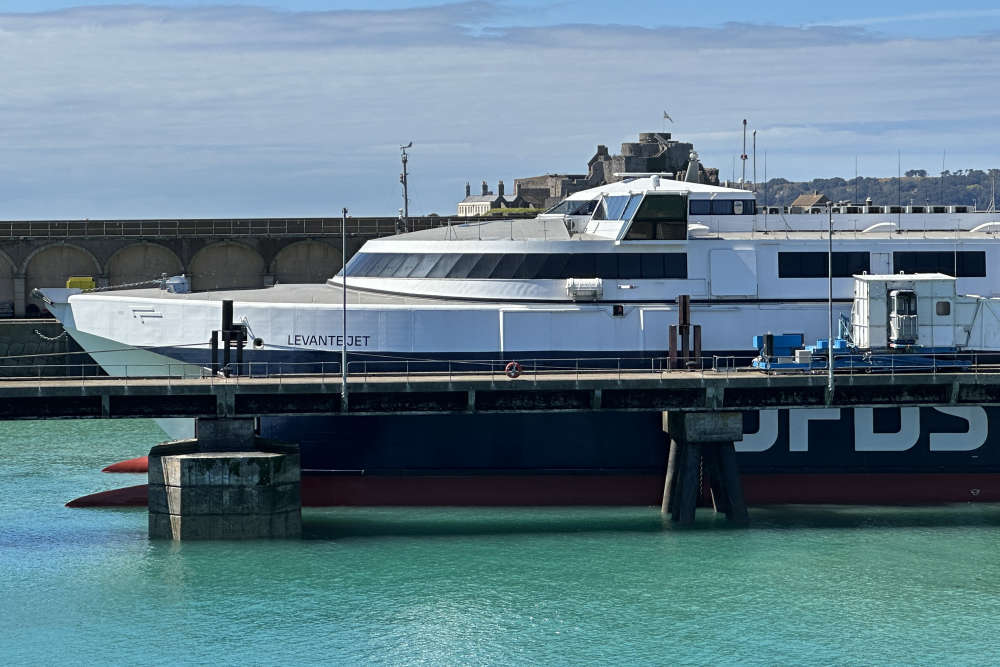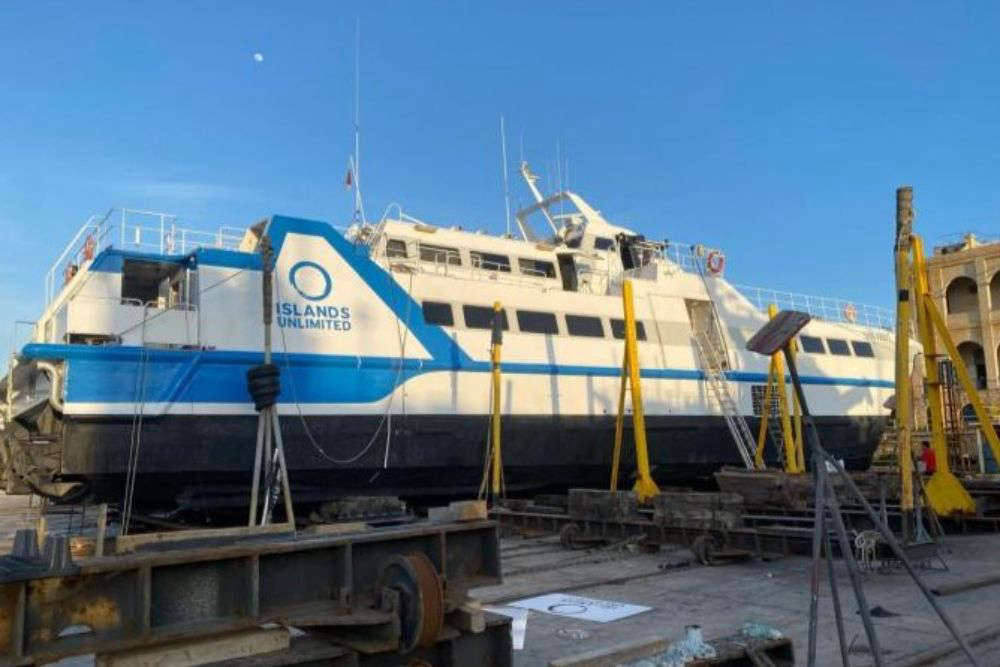
It's feared more smaller firms could collapse as a direct impact of Camerons and JP Mauger going out of business.
JP Mauger has followed Camerons into liquidation, with the loss of 51 jobs, blaming 'tough trading conditions'.
Simon Matthews from the Jersey Construction Council (JeCC) is warning the closure of two prominent building firms in a matter of months puts many other traders at risk.
"The industry is made up of main contractors, and they utilise the services of subcontractors and suppliers like electricians, plumbers or they will provide timber, concrete or steelwork.
Those suppliers work for the main contractors who make up the single price for the client.
When one of the main contractors collapses, there are some immediate impacts. The first is the staff who are directly employed.
The second impact is then subcontractors who will now be in a scenario where the work they've done is now at risk of not getting paid which will squeeze their finances."
Simon says the risk now is that subcontractors and suppliers will be starved of the income they assumed they would get.
"If they got caught in the Camerons collapse they will all find further losses being sustained in the same financial year.
That's significant because some of these businesses don't have the reserves to be able to sustain two hits of this issue."
Camerons collapse came at the end of February, with its parent company the Garenne Group following in early April and taking with it a number of its smaller companies, including Rabeys.
Simon explains why there's been a domino effect.
"The industry is faced by a number of economic issues that no one can really control.
Firstly high-interest rates are stopping people from spending their money because it's an incentive to save because you can get more back.
At a higher level, it's becoming more expensive to borrow so some speculative developers who may have been looking at bringing 30 or 40 units to the market previously won't because risk around borrowing have increased."


 Jersey athlete, Lily McGarry, appeals for donations for prosthetic limbs
Jersey athlete, Lily McGarry, appeals for donations for prosthetic limbs
 Levante Jet makes maiden voyage to Jersey
Levante Jet makes maiden voyage to Jersey
 The split between working and non-working Jersey homeless is nearly 50/50
The split between working and non-working Jersey homeless is nearly 50/50
 ArtHouse Jersey launches Liberation 80 exhibition
ArtHouse Jersey launches Liberation 80 exhibition
 Carers offered free training sessions for dementia
Carers offered free training sessions for dementia
 Philip's Footprints introduces new 'Seymour Stroll'
Philip's Footprints introduces new 'Seymour Stroll'
 Firefighters save two islanders from serious St Peter car crash
Firefighters save two islanders from serious St Peter car crash
 New Channel Islands catamaran tests well in choppy seas
New Channel Islands catamaran tests well in choppy seas




